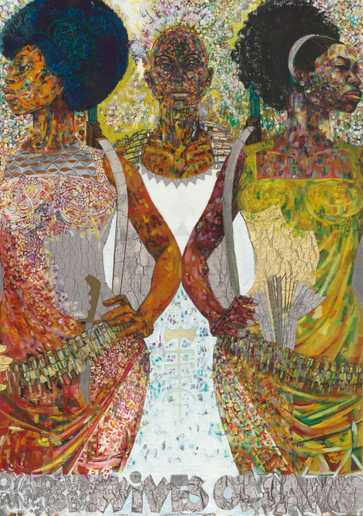Foundations of Faith
From the first independent congregations established by free Black people in the early 1800s to contemporary churches, temples, mosques, and synagogues, African Americans have built and developed diverse religious institutions. These institutions served the spiritual as well as the social needs of their communities, providing spaces for worship and connection—for fellowship—and establishing networks of care for those in need. Many also served as schools for religious as well as secular education, and as bases for political activism and moral leadership in the struggle for freedom, civil rights, and social justice. Spiritual beliefs and faith practices offered hope and comfort, sustained the will to resist oppression, and instilled values of self-determination and pride.
Foundations of Faith: Resources

NMAAHC Collection Search
Search the Museum’s online collection for items related to religion and faith practices

Center for the Study of African American Religious Life
Through innovative scholarship, public programs, and collecting, NMAAHC’s Center for the Study of African American Religious Life expands the ways religion is acknowledged and explored

Spreading the Word Project
Explore digitized collections of rare materials documenting African American religion from the 1930s to the 2000s